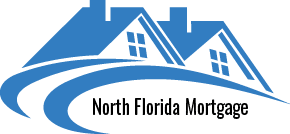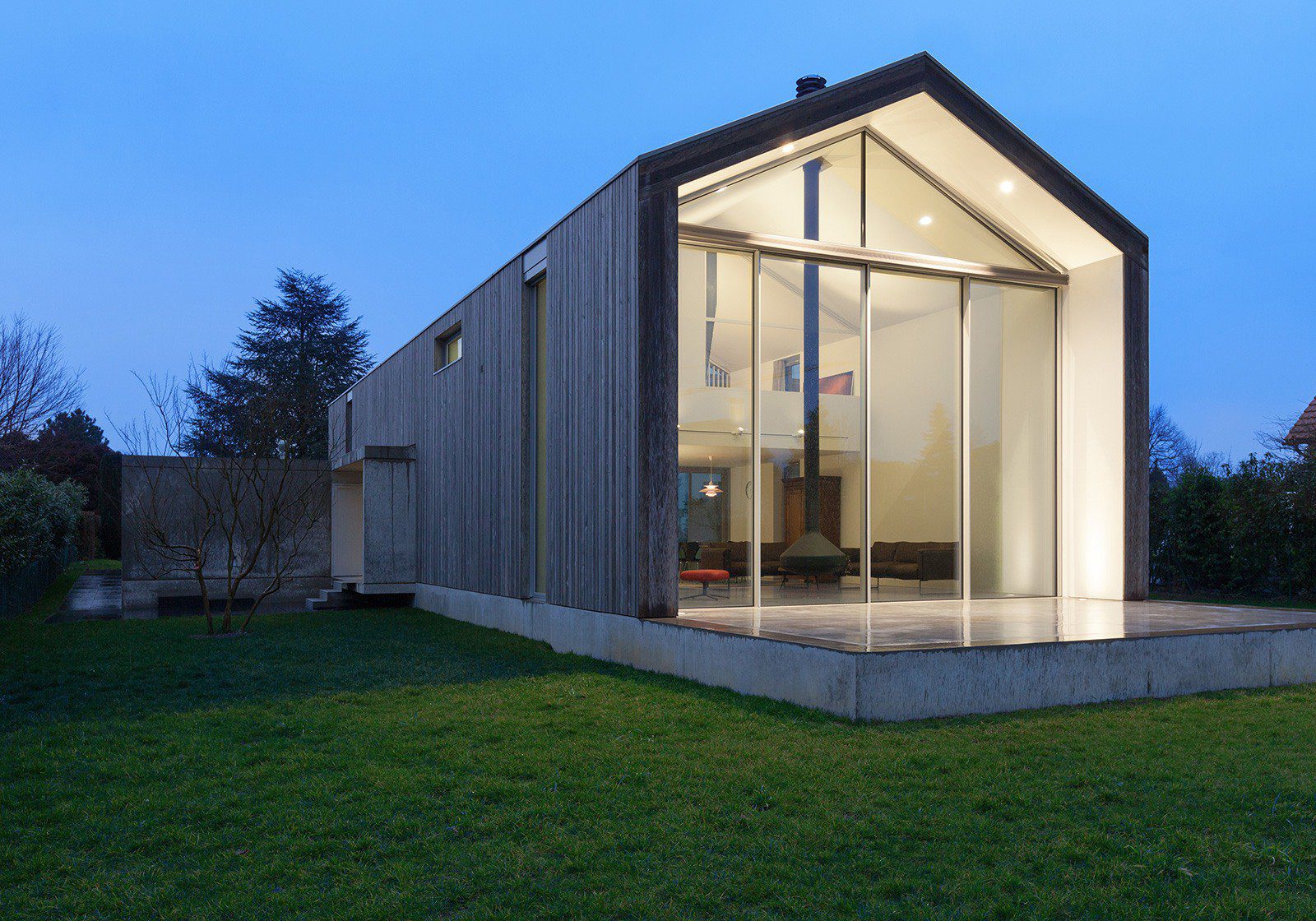Conventional Loan
ARM or Fixed Options
A conventional mortgage is a loan that is not guaranteed or insured by any government agency. It is typically fixed in its terms and rate.
Government agencies such as the Federal Housing Administration (FHA), the Farmers Home Administration (FmHA) and the Department of Veterans Affairs (VA) can insure or guarantee loans. The FHA is part of the Department of Housing and Urban Development and insures residential mortgage loans made by private lenders. The FmHA provides financing to farmers and other qualified borrowers who may have trouble getting loans. VA loans are for veterans or members of the military and can have a lower down payment.
Mortgages not guaranteed or insured by these agencies are known as conventional mortgages. These mortgages adhere to Fannie Mae guidelines. Fannie Mae, or Federal National Mortgage Association, is a corporation created by the federal government that buys and sells conventional mortgages. It sets the maximum loan amount and requirements for borrowers.
Conventional mortgages are fixed rate or adjustable rate mortgages, which generally require a down payment of 20 percent. For example, if a house costs $200,000, the lender will provide a loan for 80 percent of that amount. So, $160,000 is financed through the lender and the borrower must pay $40,000 cash.
Conventional mortgages can have better interest rates than non-conventional mortgages and can be a great option for those with the 20 percent down payment. However, even if the borrower does not have a 20 percent down payment, it is still possible to get a mortgage. By putting less down and accepting a possibly higher interest rate, the borrower can still get financing through a non-conventional mortgage.
As the name implies, a fixed rate mortgage is one on which the interest rate is fixed and set for the duration of the loan. In other words, the interest rate remains the same during the entire term of the mortgage or for a stipulated length of time. Fixed rate mortgages are the most popular ones and almost 75% of all home mortgages are fixed interest rate mortgages.
The biggest benefit of a fixed rate mortgage is that you will know precisely what your mortgage interest and principal payments are going to be; hence allowing you to plan your budget accordingly.
By virtue of the fixed mortgage rate, you are secure in the knowledge that the interest rate is going to remain unchanged for the duration of the fixed rate mortgage. For example, the lender offers a 15 year fixed loan to the buyer of a home. He charges the purchaser 6% interest which is fixed and will not change for the entire term of the loan. Whether the market rate rises to 7% or decreases to 5%, the homebuyer will continue to pay the fixed 6% interest rate. Thus a Fixed-Rate Mortgage applies the same interest rate toward monthly loan payments for the term of the loan.
Characteristics of a fixed rate mortgage:
- It is simple and easy to understand in comparison to the Adjustable Rate Mortgages (ARMs).
- It offers more security for buyers and is very commonly used by first time homebuyers.
- It is best suited for persons who like to know what their monthly budget for expenses is going to be and for those who wish to keep their houses for a longer period of time.
- The fixed rate interest mortgages usually charge higher rates of interest than ARMs as the risk perceived by lenders is higher.
- The Fixed rate mortgages usually have higher initial monthly payments compared to those of adjustable rate mortgages.
- Fixed-rate mortgages have less flexibility than adjustable rate mortgages.
In the case of adjustable rate mortgages the interest rate is not fixed, but changes during the life of the loan. These changes are linked to an index rate and move in accordance to it. The Adjustable Rate Mortgage offers you the benefit of low initial rates and therefore you are able to afford more expensive homes. In a fixed-rate mortgage, your interest rate stays fixed for the entire life of the mortgage.
These loans generally begin with an interest rate that is 2-3 percent below a comparable fixed rate mortgage, and could allow you to buy a more expensive home.
However, the interest rate changes at specified intervals (for example, every year) depending on changing market conditions; if interest rates go up, your monthly mortgage payment will go up, too. However, if rates go down, your mortgage payment will drop also.
There are also mortgages that combine aspects of fixed and adjustable rate mortgages – starting at a low fixed-rate for seven to ten years, for example, then adjusting to market conditions. Ask your mortgage professional about these and other special kinds of mortgages that fit your specific financial situation.
Most adjustable rate mortgages (ARMs) have a low introductory rate or start rate, some times as much as 5.0% below the current market rate of a fixed loan. This start rate is usually good from 1 month to as long as 10 years. As a rule the lower the start rate the shorter the time before the loan makes its first adjustment.
Index – The index of an ARM is the financial instrument that the loan is “tied” to, or adjusted to. The most common indices, or, indexes are the 1-Year Treasury Security, LIBOR (London Interbank Offered Rate), Prime, 6-Month Certificate of Deposit (CD) and the 11th District Cost of Funds (COFI). Each of these indices move up or down based on conditions of the financial markets.
Margin – The margin is one of the most important aspects of ARMs because it is added to the index to determine the interest rate that you pay. The margin added to the index is known as the fully indexed rate. As an example if the current index value is 5.50% and your loan has a margin of 2.5%, your fully indexed rate is 8.00%. Margins on loans range from 1.75% to 3.5% depending on the index and the amount financed in relation to the property value.
Interim Caps – All adjustable rate loans carry interim caps. Many ARMs have interest rate caps of six-months or a year. There are loans that have interest rate caps of three years. Interest rate caps are beneficial in rising interest rate markets, but can also keep your interest rate higher than the fully indexed rate if rates are falling rapidly.
Payment Caps – Some loans have payment caps instead of interest rate caps. These loans reduce payment shock in a rising interest rate market, but can also lead to deferred interest or “negative amortization”. These loans generally cap your annual payment increases to 7.5% of the previous payment.
Lifetime Caps – Almost all ARMs have a maximum interest rate or lifetime interest rate cap. The lifetime cap varies from company to company and loan to loan. Loans with low lifetime caps usually have higher margins, and the reverse is also true. Those loans that carry low margins often have higher lifetime caps.
As released by the Federal Housing Finance Agency, the official 2021 conforming mortgage loan size limits are, by property type:
- 1-unit properties : $548,250
- 2-unit properties : $702,000
- 3-unit properties : $848,500
- 4-unit properties : $1,054,500
Note, however, that maximum conforming loan limits vary by market. Counties in which “typical” home prices dwarf the conforming loan limits are declared “high-cost” areas. Each gets its own, individual conforming loan limit that ranges up to $729,750.
For example, a home in Denver, Colorado is capped conforming at $417,000 but a home in Snowmass, Colorado gets clearance up to $729,750.
Same for Mason, Ohio and Athens, Ohio. Mason’s maximum loan size is $417,000; Athens’ is $432,500.
Mortgages that exceed conforming loan limits are considered “jumbo” or “super jumbo”. Excellent pricing is still available, you just have to know where to look. And it’s not at Fannie Mae.
There are 197 designated high-cost areas in the U.S. — just 6% of the country. For the majority, your 2021 conforming loan limit is $548,250. To find your local market’s loan limit and confirm it, check the Fannie Mae website.
explore options
Related Services
Questions? We'll Put You On the Right Path!
No matter how small or big your question may be, we are here to help you every step of the way.




